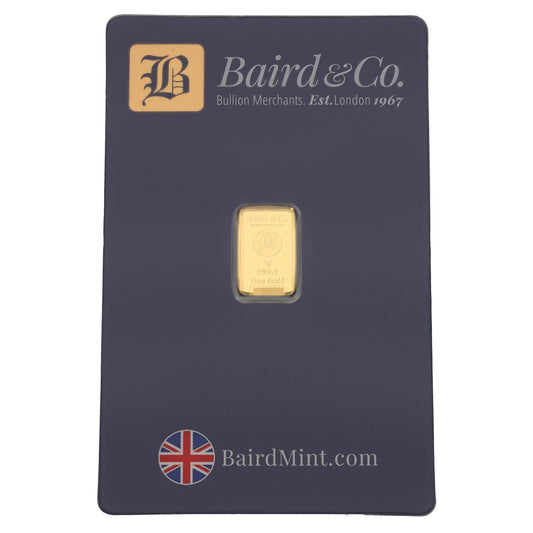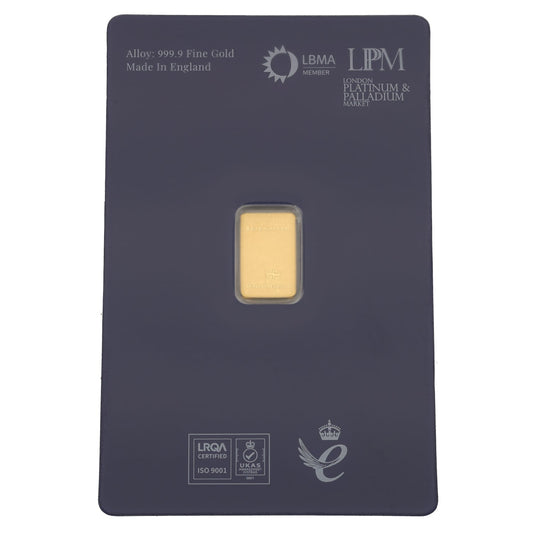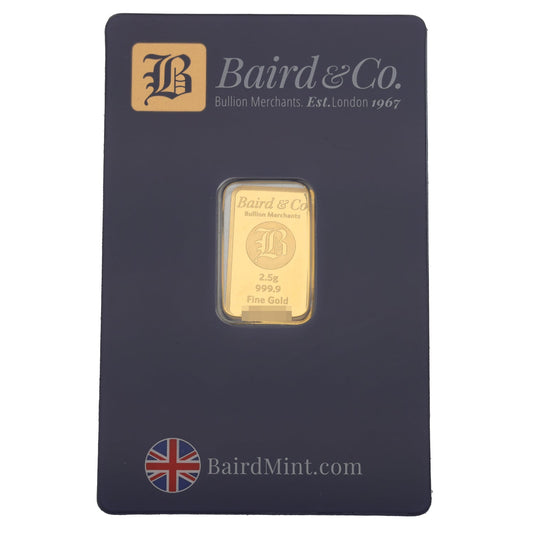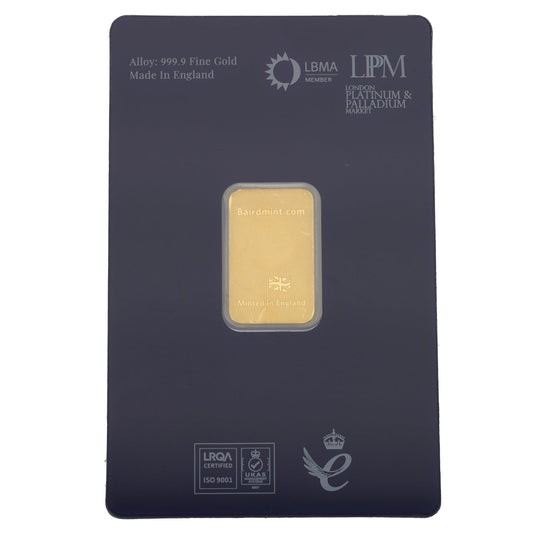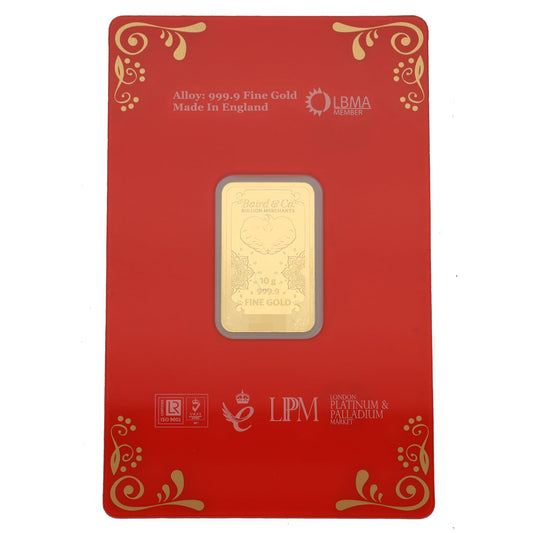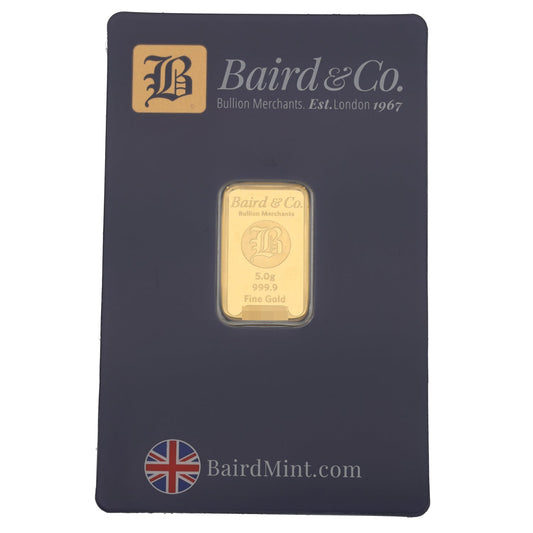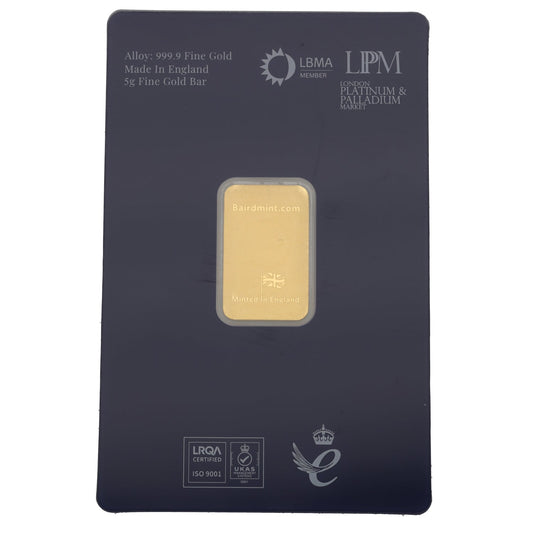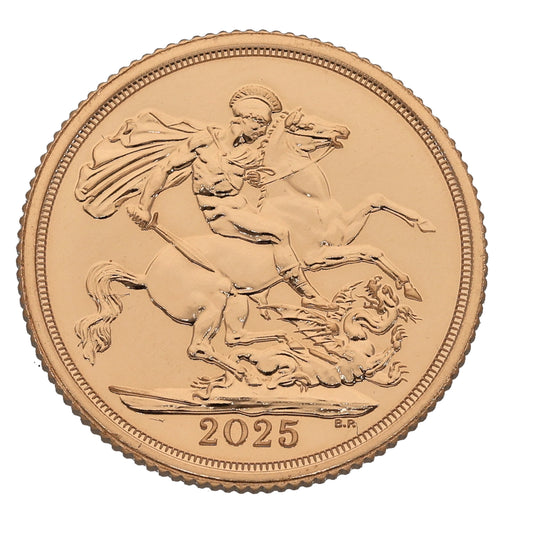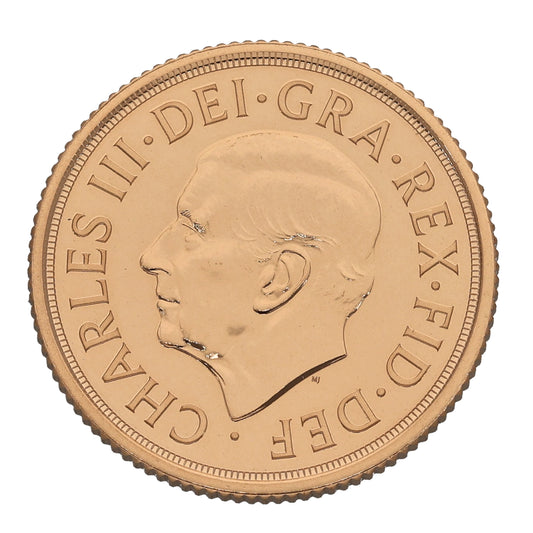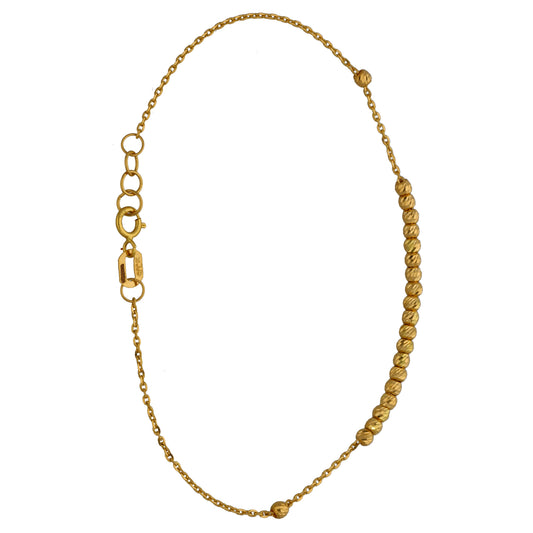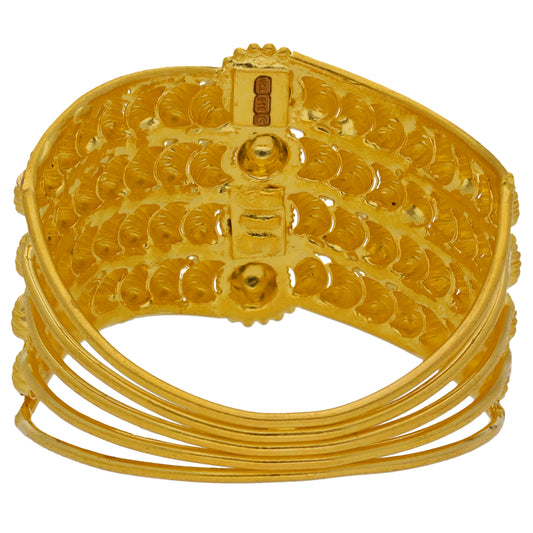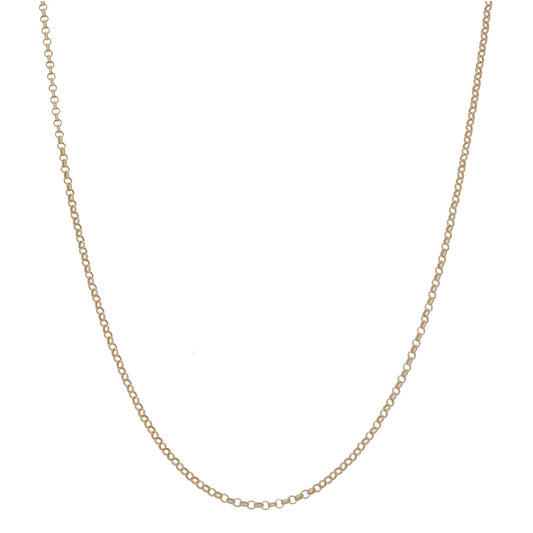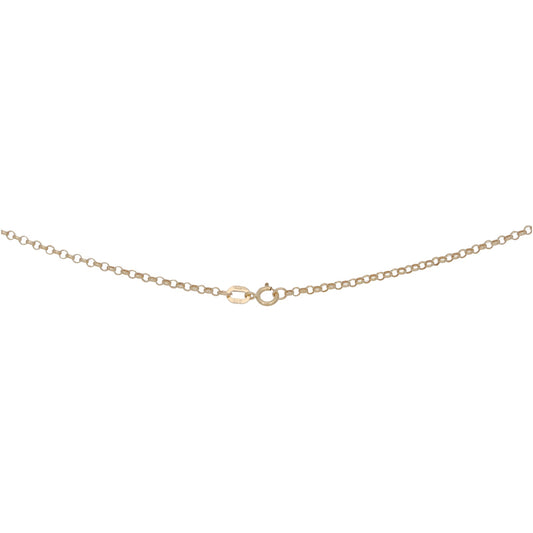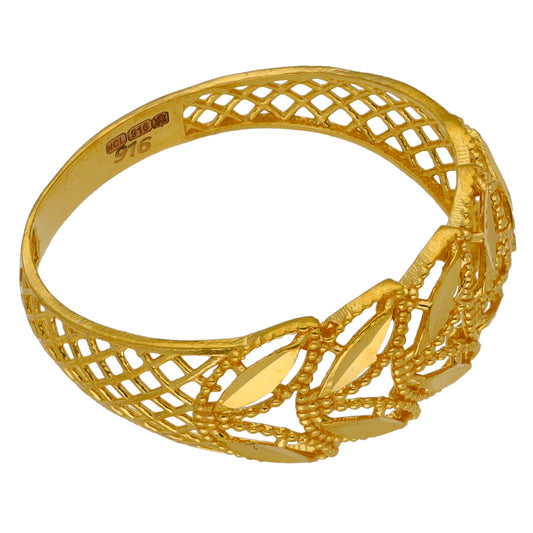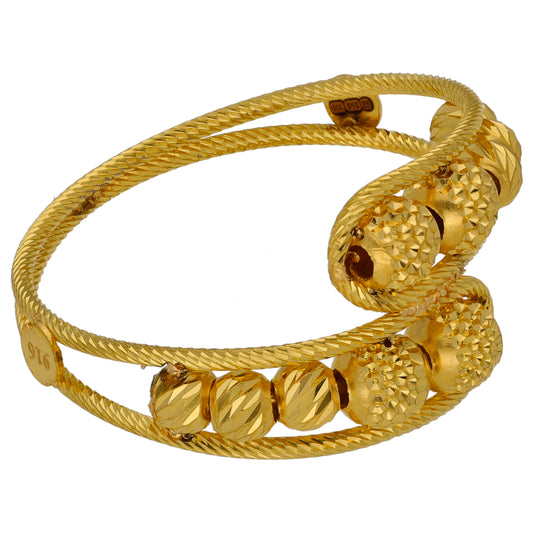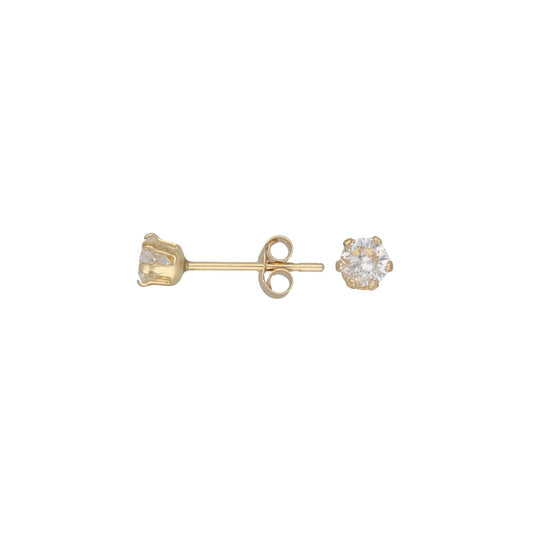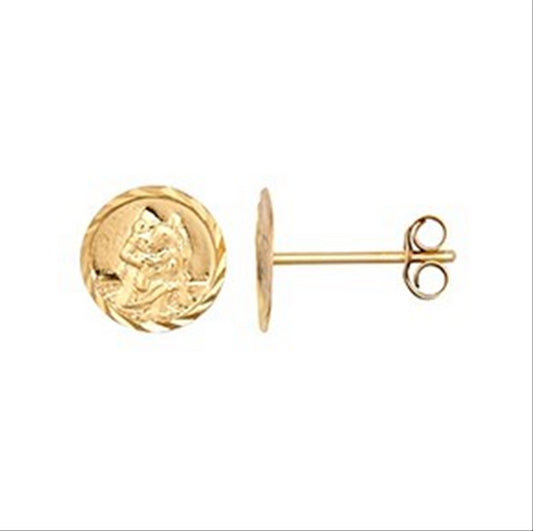How do credit cards work?

Credit cards look and work pretty much the same as any debit card, expect the money that’s being spent is not coming from your bank account balance, but from a pre-agreed credit balance. This is money that you will have to pay back at a later date.
When you receive your credit card bill each month, it’ll tell you how much you’ve used of this credit balance and the minimum amount you can pay back. This gives you a chance to pay off a small amount of the debt each month, but it means you’ll still be paying interest on the rest of the balance for however long you keep it for. The amount you want to pay off is up to you – as long as you make the minimum payment.
Some people pay off the full balance of their credit card each month so that interest does not keep adding onto the balance. This takes discipline and may not be feasible if you’re looking to spend a large amount all at once, for a new appliance or vehicle repairs, for example.
How do personal loans work?

Personal loans as they are sometimes called, give you an agreed lump sum payment straight to your account (or as cash if you apply in-store). Personal loans are more straightforward when it comes to repaying them, as you’ll pay a set amount back each month, for a specified number of months. You can usually choose how much you want to borrow and how long you want to pay it back for, which enables you to find a repayment amount which is achievable.
Credit card pros and cons
Pros
- Consumer protection
When you make a purchase using a credit card, you are protected under Section 75 of the Consumer Credit Act. This means that the credit card company are liable for your purchase in the way the retailer is. If something goes wrong, the credit card company should reimburse you.
- 0% interest options
Some credit cards offer 0% interest for a set amount of time, meaning that you won’t earn interest on a credit balance until the 0% time is up. This can give you longer to pay the money back, but is only available to those with good credit histories.
- Money transfer
You can transfer money straight from your credit card to your bank in some cases, which comes with a transfer fee. This may work out as a cheaper option compared to other types of credit, depending on your circumstances and the type of credit card involved, but only if you pay the full amount back quickly.
Cons
- Open-ended repayment
As credit cards require only the minimum payment each month to keep ticking over, it can be very easy to just keep paying that and ignore the bulk of the debt for another time. Over time, the interest will build up and you may find it harder and harder to pay back.
- Minimum payments
The minimum payment is a useful way of keeping your creditors happy during a difficult month money-wise, but it should not be the only payment you make. The minimum payments are often set very low, which means it would take much longer to pay off your debt, which in turn makes it more expensive.
- Restrictive credit limits
Unless you have a long history of borrowing money and paying it back in full and on time, it’s unlikely that your credit limit will be very high. In fact, you may find that it’s not enough for what you need. The credit limit available to you is based on your credit file, so if yours is less-than-perfect you may not get what you need.
Personal loan pros and cons
Pros
- Structured, simple repayment
With a personal loan, you’ll pay the amount agreed with the lender each month. This amount should stay the same for the course of the loan, so you’ll always know exactly how much is going out and when. You’ll also know the exact date that the loan will be paid off, giving you something to work towards.
- Higher borrowing amounts
A personal loan may offer you more money than you’d get on a credit card limit, although this depends on the individual. Those with less-than-perfect credit histories - or those who have never borrowed before - may find that a loan is able to offer them the higher amount they need, whereas a credit card may not.
- No wait for cash
Once your application has been approved for a credit card, you’ll need to wait until the card itself comes through the post to be able to use it. With a personal loan, you can have the money transferred into your account that same day, or even get the cash in your hand if you’re applying in a store.
Cons
- Higher interest rates
While personal loans have higher interest rates than many credit cards, it’s important to compare what you qualify for with the repayment schedule. A lower interest rate on a credit card may mean you pay more over time if you only make the minimum repayments, for instance.
- Some lenders charge fees
Some personal loan lenders charge additional fees for paying off your loan early or for making extra payments, so it’s important to find a lender who does not do this if you’re planning to make extra instalments.
Making it work for you

Ultimately, everyone’s finances are different and what may be the perfect choice for one person could be a disaster for another. Only you can make the decision, which should be based on the practical aspects, as well as your own gut feeling. Whichever type of credit you choose, it’s important to remember that no contract should be entered into lightly, and considering your financial strengths and weaknesses is paramount.
Taking on manageable debt and paying it off in full and on time will protect your credit file from any negative influences, and should improve your credit score. Taking on a debt that you know will be difficult to pay off can do a lot of damage and may still affect your life years down the line, so it’s important to get it right first time.





